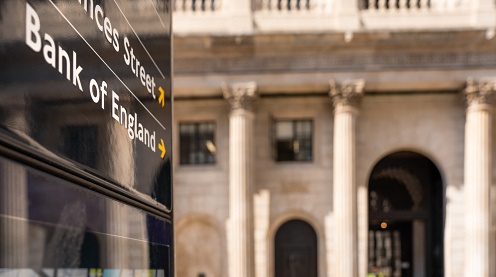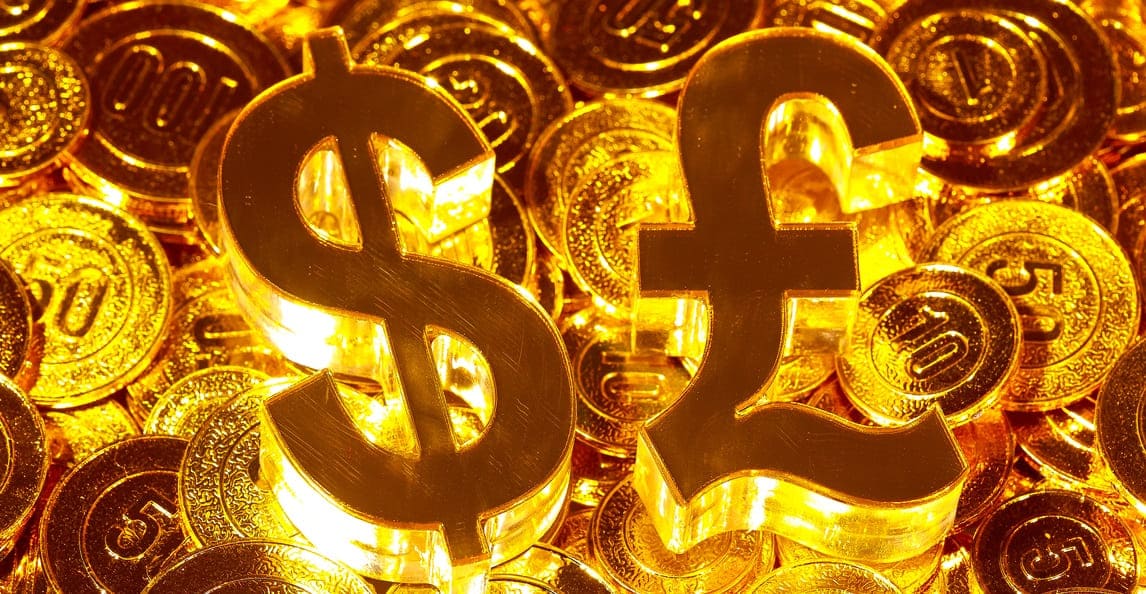Sterling is under mild pressure ahead of the Bank of England decision as the policy meeting is on a knife edge and to a large extent it will come down to whether stability in financial markets starts to return.
Further volatility could easily see a ‘no change’ decision due to the Credit Suisse and SVB shocks, with non-committal guidance that further hikes could be enacted if the situation changes.
Despite some encouraging signs that inflationary pressures are easing, the Bank of England could still hike by 25 basis point, though the FED rate decision could tip the hat to how central banks are thinking.
Last month the Bank of England voted by a majority of 7-2 to raise interest rates by 50 basis points to 4.0 percent during its February meeting, pushing the cost of borrowing to the highest level since late-2008.
It was the 10th consecutive rate hike amid policymakers’ efforts to combat high inflation and despite the risks of an expected economic recession this year.
Meanwhile, the central bank dropped its pledge to keep increasing rates “forcefully” if needed and said inflation had probably peaked, suggesting it might start reducing the pace of rate increases soon.
Looking ahead, the Bank Rate is seen rising to around 4.50 percent in mid-2023 and falls back to just over 3.25 percent in three years’ time. CPI inflation was projected to fall to around 8.0 percent by mid-2023, and to around 4.0 percent towards the end of the year; while policymakers projected a much shallower contraction than previously estimated.
Most economists are still narrowly leaning towards a hike this week, though clearly, a lot can change in the days leading up to the meeting, especially with the global financial stress currently.
More bank failures would likely force a neutral decision at best. Again, keep a close watch on what the Fed does during its meeting and what happens to its Dot Plots.
It is possible that a 25 basis point rate hike by the BoE would come as a hawkish surprise given market pricing is leaning more in favour of a hold, but market conditions suggest that would not be enough by itself to trigger a British pound rally.




